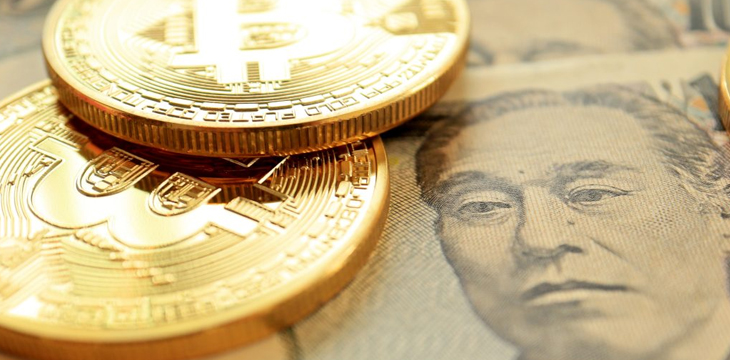|
Getting your Trinity Audio player ready...
|
As the Mt. Gox saga fades into distant memory to some members of the cryptocurrency community, it appears that some of the defunct crypto exchange’s creditors may be getting some of their money back after all. The spectacular collapse of the exchange in 2014 following an alleged hack left investors in the lurch and the event caused severe reverberations across the whole crypto space in general.
An August 23 notice, attributed to Mt. Gox trustee Nobuaki Kobayashi, announced that the company has opened an online claim filing system allowing creditors to begin registering claims on the funds they had lost after the Tokyo-based crypto exchange filed for bankruptcy. It is ironic to note that Mt. Gox was actually the dominant trading platform for a long time although in 2014, this space was still very much in its infancy. Creditors may also fill out claim forms offline and submit these through the mail.
The deadline for filing of claims is Oct. 22. The trustee will submit a list of approved and rejected claims to the court by Jan. 24, 2019.
“By using the system, users around the world can, without using time or money, easily participate in the Civil Rehabilitation Proceedings through filing proofs of Exchange-Related Rehabilitation Claim in accordance with the Civil Rehabilitation Act of Japan and other laws and ordinances,” according to the notice.
Mt. Gox went bankrupt in 2014 after losing around 850,000 BTC to hacking and embezzlement. Former CEO Mark Karpeles claimed to have found around 200,000 of those but the rest were never recovered. The theft remained the biggest cryptocurrency hack in history for a long time, but it was eventually surpassed by the Coincheck hack in January 2018. It remains the most significant theft in terms of its impact on the whole industry.
Under criminal bankruptcy, Mt. Gox’s creditors would be paid in fiat currency at the exchange rate in 2014, estimated at $480 per coin. It would also mean Karpeles would be left with the remaining proceeds, estimated to reach hundreds of millions of dollars given that the price of BTC has already appreciated in the last four years.
In June, however, a Japanese court ruled that Mt. Gox could start civil rehabilitation proceedings. Although this proceeding does not guarantee that creditors will be refunded in cryptocurrencies, it leaves the door open to a direct Bitcoin distribution as long as it’s stipulated in the court-approved rehabilitation plan.
Currently, Mt. Gox’s estate has 137,891 BTC, worth more than $910 million at press time, according to data from Mt. Gox Cold Wallet Monitor. The estate also holds an equivalent amount of Bitcoin Cash, worth $73 million in current trading prices.

 03-02-2026
03-02-2026 




